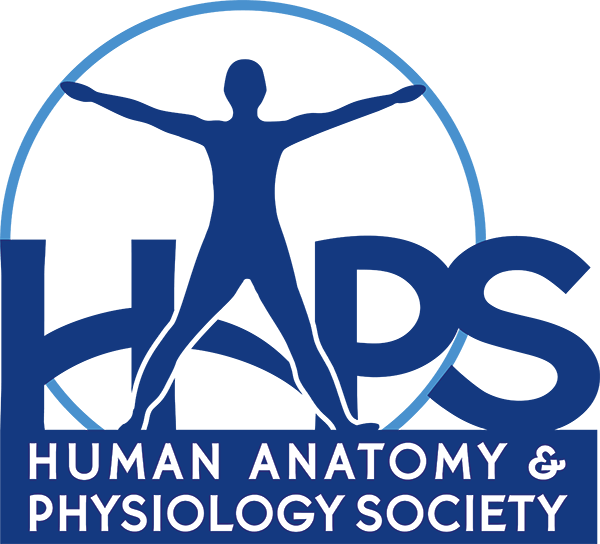
For the last three summers, I have been developing and hosting a summer camp for middle school kids about medicine. They are doctors for the week, solving medical mysteries, learning about diseases, and diagnosing patients, all while learning basic anatomy and physiology. Many of the activities that I created for the kids are watered down (or not so watered down) versions of the lab activities our undergraduate students do. So far, we have concluded that the kids LOVE it, and it is only getting better with time.
The first time I ran this camp it was a bit… chaotic behind the scenes. The second time was a little less so, and this third time was smooth sailing. If I could write a letter to myself three years ago, there would be some important pieces of advice I would want to know. Since time travel is still ahead of us I thought I would share these little pieces of wisdom. Hopefully I can help someone out there in the HAPS universe that is thinking of starting a camp for kids!

First, do not underestimate how excited the kids are to be in this camp. There is very little you could do to squish that enthusiasm out of them! So do not feel that you need to razzle dazzle them with these huge experiments for each activity. One simple activity I designed is called “Making Poop.” Campers use saltine crackers, a plastic sandwich bag, and different colored water (the digestive enzymes!) to act out how your body digests and breaks down food. At the end, we have poop! Very basic, and the overall cost is pennies per camper. I designed this activity for our smallest campers, those entering 5thgrade in the new year. The older campers got much more advanced activities that had them working with real biomolecules, chemicals, and enzymes to learn how starch, lipids, and proteins are broken down. I heard such a fuss at the end of the day because my older campers (those entering 7thand 8thgrade) did not get to “make poop”.
Second, organization is key. During the first summer, my office looked like a cross between Willy Wonka’s Chocolate Factory and a paper supply store! It was a nightmare. This year I used big brown envelopes from our department’s mail room to sort and organize all the handouts that I had created for the campers. Then, each handout envelope was placed in the large plastic tub that stored the materials for each day’s activities. Taking the time a few days to a week before camp and sorting the materials and handouts by the day made things so simple.

Last, science is an explorative field, and to truly appreciate this can take time. Rushing the kids through a dozen activities may feel like they are getting a lot out of the day, but watching them take their time on fewer activities and uncovering their interests is far better. I want to help them develop that curiosity for science and the bits and pieces going on inside of their own bodies. The bonus is that you don’t have to write a dozen activities for each day, so that’s a win-win.
You can check out the YouTube video of this year’s camp here: https://www.youtube.com/watch?v=mNsCBUXcmCM&feature=share

Dani Waters is a first year PhD student in Educational Psychology at Penn State University. She has a M.S. in Biology where she focused on anatomy and physiology content. Dani teaches Human Anatomy and Physiology at Penn State University.
